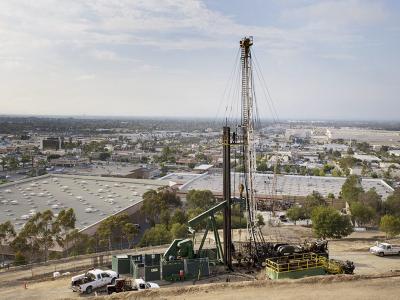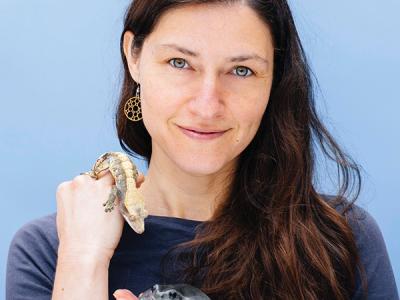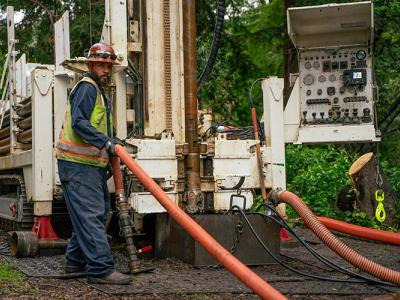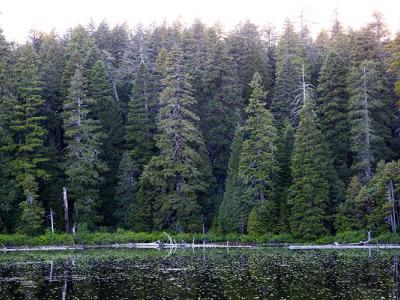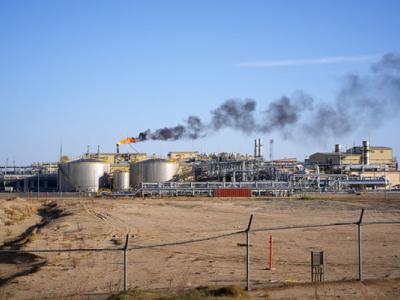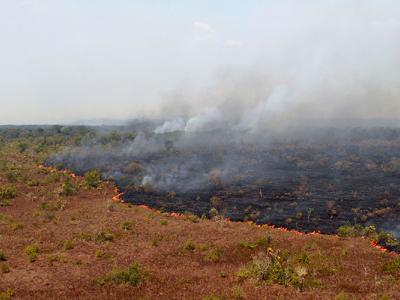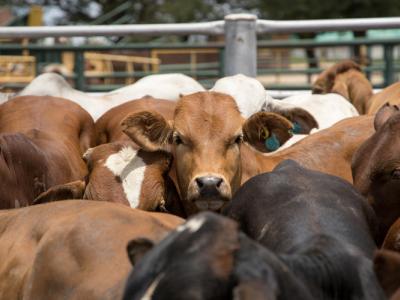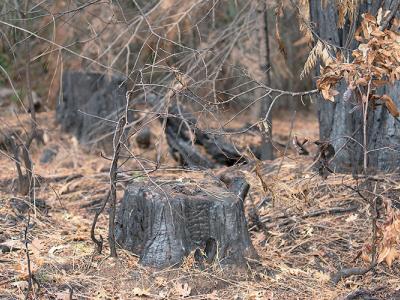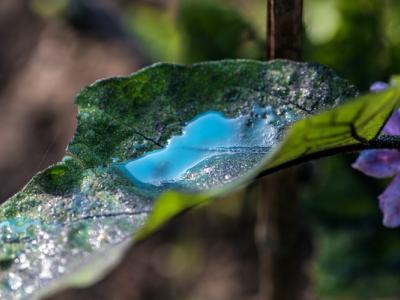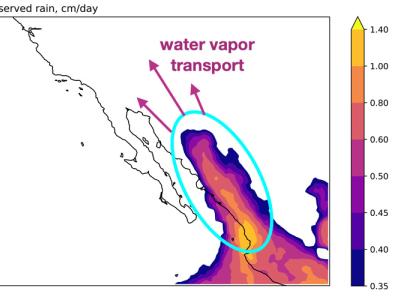More Oil and Gas Wells in Redlined Neighborhoods: Historically Marginalized Communities are Exposed to More Wells With Their Accompanying Pollution
New research from Berkeley Public Health and the Department of Environmental Science, Policy, and Management published today in the Journal of Exposure Science and Environmental Epidemiology shows that community exposure to oil and gas wells is more likely in historically redlined neighborhoods, exposing residents to environmental stressors such as water and air pollution. The study results add to evidence that structural racism in government policy is associated with more oil and gas wells being situated in marginalized neighborhoods.

